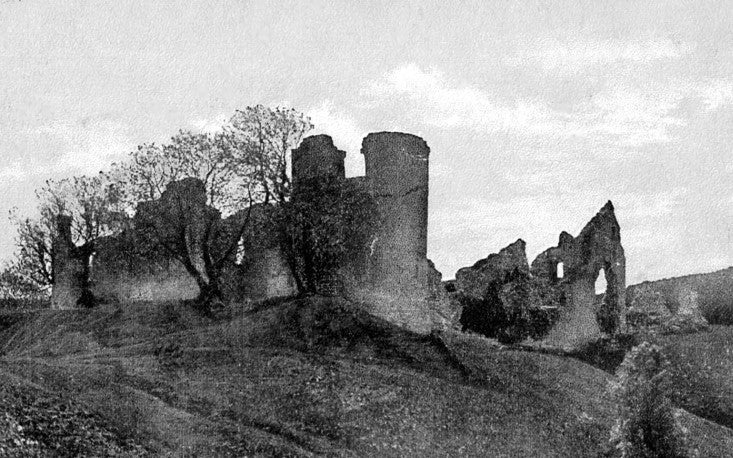Clan History, Clan Infomation
Erskine Clan History
Erskine is an area on the south of the River Clyde, ten miles west of Glasgow. The name is believed to be ancient British for ‘green rising ground’.
In the early 13th century, during the reign of Alexander II, the first man to take the name as his own was Henry of Erskine, owner of the Barony of Erskine. The family were supporters of Robert the Bruce, and were related to him through the marriage of John of Erskine’s eldest daughter to Thomas Bruce, King Robert’s brother. Success for Bruce brought rewards for Erskine.
David II made Sir Robert of Erskine the Constable and Keeper of the Castle of Stirling. This royal office is still held by the present clan chief today, whose duties include greeting the monarch at the castle gates.
When Alexander, Earl of Mar, died in 1435, Sir Robert Erskine claimed the title. The King, however, withdrew the earldom in 1457, stating that it could only belong to a royal Stewart. After ten years Sir Robert was created the first Lord Erskine.
The 4th Lord Erskine was close to James IV, and after they fell together at Flodden, his son became the guardian of the young James V. The responsibility of custody over young monarchs was given to the Erskines for five generations. Mary, Queen of Scots had been in the care of the 5th Lord Erskine, and following his death, she showed her valuation by restoring to his son, the 6th Lord Erskine, the earldom of Mar.

Remains of Kildrummy Castle, Aberdeenshire. It was once the seat of the Earls of Mar, and in possession of the Erskines until 1716
Scottish nobility has an embarrassing record for changing religion and political views for ignoble reasons. Even amidst such agile company, however, the 6th Earl of Mar earned himself the nickname ‘Bobbing John’. Initially supporting the Union and the Hanovarians, he travelled to London in 1714, expecting the post of Secretary of State for Scotland. When he was not offered the job, however, he turned into a Jacobite and raised an army of over ten thousand for James VIII.
The force was not used to its potential and during the inconclusive Battle of Sheriffmuir on 13th November 1715, Mar fled Scotland for Saint Germains, France, whereupon he betrayed his Jacobite associates. His behaviour lost his line the Earldom, which was not restored until 1824.

